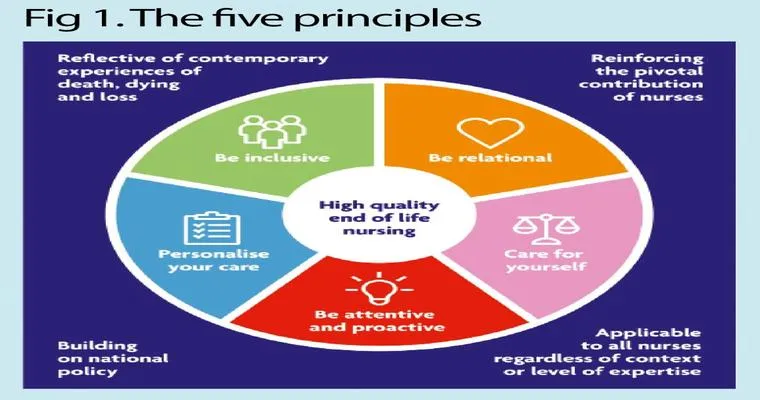When a loved one transitions to an "assisted living facility", it often brings about the need to address their personal belongings, including "furniture" and other "chattels". Deciding what to do with these items can be a challenging task, especially when they hold sentimental value. However, with a thoughtful approach, you can ensure that these possessions are handled in a way that respects your mother's legacy while also considering practical needs. Here are several options to consider.
Assess the Space and Needs
Before making any decisions, it is essential to understand the space limitations of the "assisted living facility". Most facilities provide only basic furnishings, so you will want to assess how much space your mother has for personal items. Take note of what she may want to keep, such as a favorite chair or a small table. This assessment will guide your next steps.
Involve Your Mother in the Decision
If possible, discuss with your mother what she would like to keep, donate, or sell. This conversation can be therapeutic and provide her with a sense of control over her belongings. Involving her in the decision process can also help clarify which pieces are truly meaningful to her.
Donate Unwanted Items
If there are pieces of "furniture" or "chattels" that your mother no longer needs, consider donating them to local charities, shelters, or non-profit organizations. Many organizations welcome gently used items that can benefit others in need. This option not only helps those who are less fortunate but also allows your mother’s belongings to continue to serve a purpose.
Sell or Give Away Items
For items that are in good condition and may hold value, consider selling them. Online marketplaces such as Craigslist, Facebook Marketplace, or specialized websites for second-hand items can be excellent platforms to sell "furniture". Alternatively, you might consider hosting a garage sale or giving items to friends or family members who might appreciate them.
Store Items for Future Use
If there are items your mother is reluctant to part with but do not fit in her new living space, storage can be an option. Renting a storage unit allows you to keep her belongings safe until she decides what to do with them. However, ensure that this decision is well thought out, as storage costs can add up over time.
Recycle or Dispose of Non-Essential Items
Not all items will be worth keeping or donating. For those that are broken, damaged, or simply no longer usable, consider recycling or disposing of them responsibly. Many communities have guidelines for disposing of "furniture" and household items, so check with local waste management services for options.
Document and Preserve Memories
If certain "chattels" hold sentimental value, consider documenting them through photographs or videos before parting with them. This allows you and your mother to keep the memories alive without needing to physically retain the items. Creating a scrapbook or a digital archive can be a meaningful way to honor her belongings.
Conclusion
Dealing with your mother’s "furniture" and "chattels" as she moves into an "assisted living facility" can be an emotional journey. By assessing her needs, involving her in the decision-making process, and exploring various options for donation, sale, storage, or disposal, you can navigate this transition with care and respect. Ultimately, the goal is to create a living space for your mother that feels comfortable and reflects her personality while finding the best homes for her cherished belongings.





